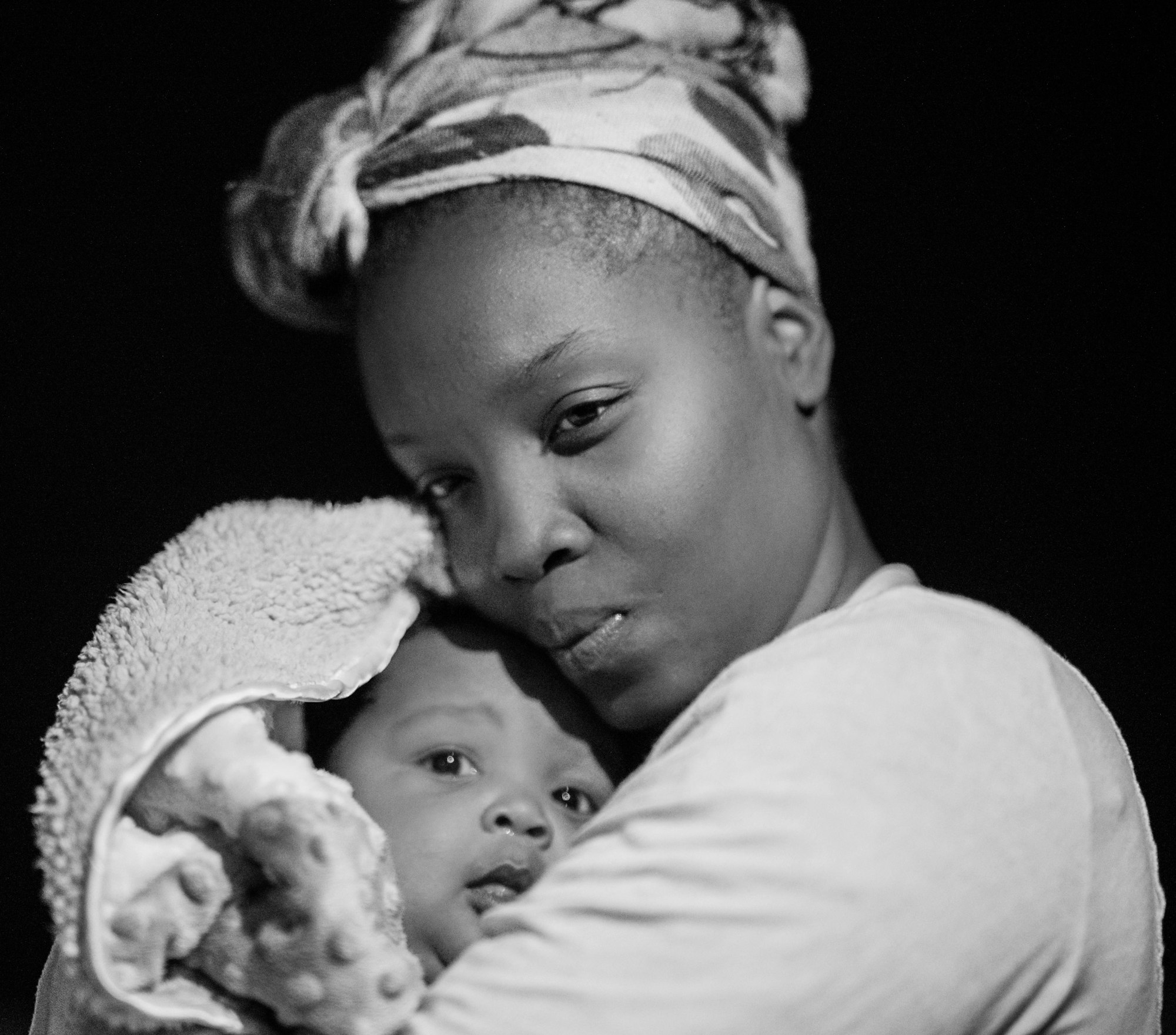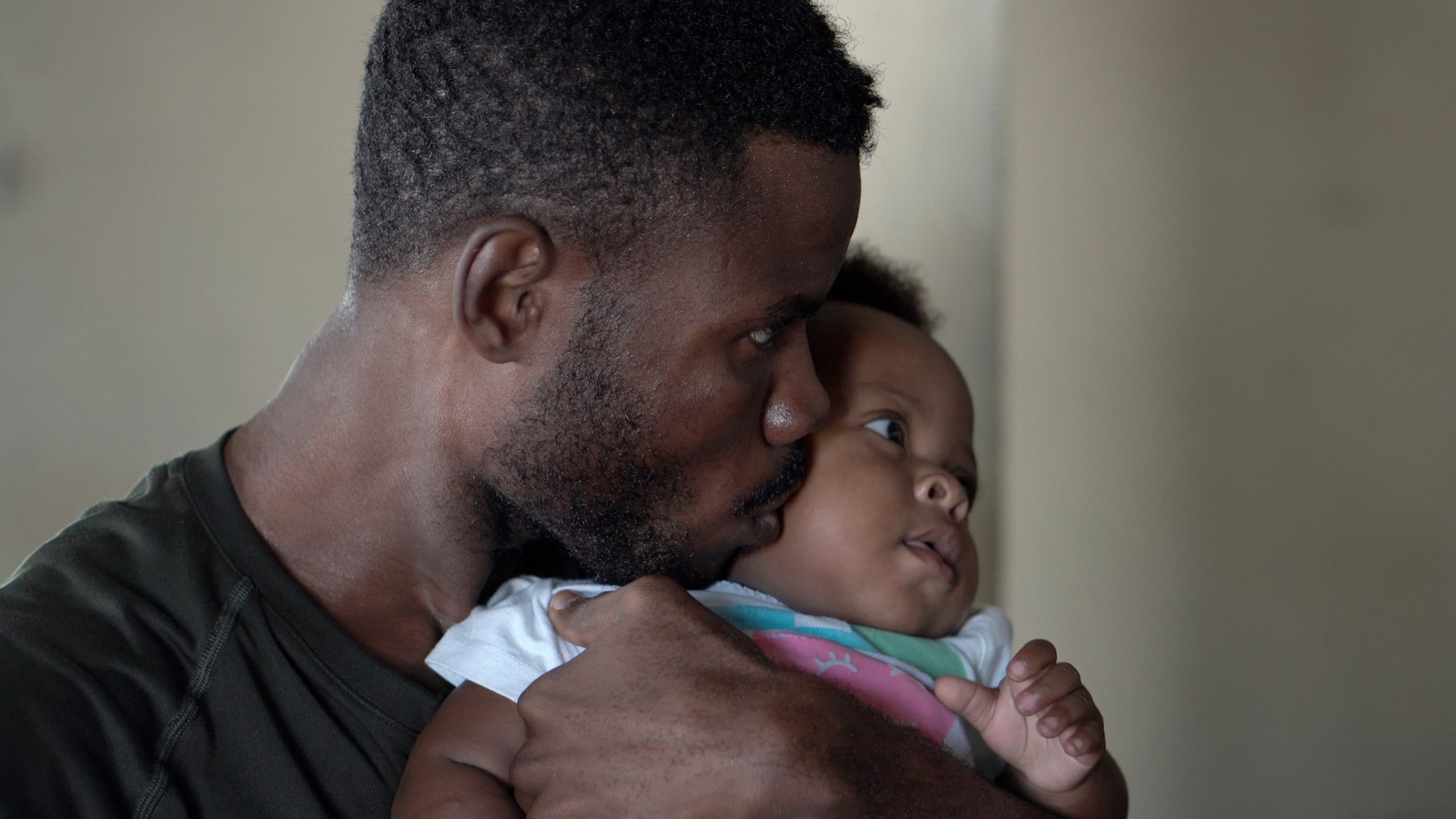Postpartum depression: New parent Struggles
The birth of a new-born baby is a dream come true for many people, the various burst of emotions from excitement to fear and anxiety can be overwhelming. It is usually accompanied by mood swings, crying spells, and difficulty sleeping. This typically begin within the first two to three days after delivery, and may last for up to two weeks. But some new moms experience a more severe, long-lasting form of depression known as postpartum depression or PPD.
Welcoming a new baby isn’t just hard on the mother but the father as well. Fathers too are at high risk of PPD. They may feel sad or fatigued, overwhelmed, experience anxiety, or even have changes in their usual eating and sleeping patterns.

If you are a new father and experiencing symptoms of depression or anxiety during your partner's pregnancy or in the first year after your child's birth, talk to your health care professional. Treatments and supports provided to mothers with postpartum depression can be beneficial in treating postpartum depression in fathers. Always refer with a physician before consuming any medication.
PPD is a common depression often neglected or rarely talked about. Parents may be going through this but don’t even know they are. In severe cases it can interfere with parent-child bonding and cause family problems both long and short term.
For mothers, untreated postpartum depression can last for months or longer, sometimes becoming a chronic depressive disorder. One’s a mother is affected the possibility of it affected the father is greater. New dads are already at increased risk of depression, whether or not their partner is affected. Children of parents who have untreated postpartum depression are more likely to have emotional and behavioural problems, such as sleeping and eating difficulties, excessive crying, and delays in language development.

There are of course home/personal therapy that can be done by new parents to help them overcome this depression alongside medical help.
Frequent exercise have be proven by several research to be an antidepressant for women with PPD. In particular, walking with baby in a stroller might be an easy way to get in some steps and breathe fresh air. In a study published in Mental Health and Physical Activity journal, walking was found to be a statistically significant way to ease depression. If you have a very tight schedule and taking a walk is almost impossible you can also have a 10min exercise every morning and taking deep breathes throughout the day.
If you are feeling overwhelmed by work, household responsibilities, or your older children. Instead of dealing with these stresses alone, reach out for help. Ask your relatives to help with the baby seating from time to time. Let your partner or another trusted adult take the baby for an hour or two. You may find it helpful to schedule some dedicated “me time” once a week. Staying healthy is very important for you and the baby also bear in mind ‘feed the body that does the work’.

You probably already know you should “sleep when the baby sleeps.” This advice may get annoying after a while, but it’s rooted in science. Mothers with less sleep experience the most depressive symptoms.
Sometimes you may feel isolated especially if attention is given to everyone around you but you. A study published by the Canadian Journal of Psychiatry shows that talking about your feelings with others can help shift your mood.
Postpartum depression is not a character flaw or a weakness. Sometimes it's simply a complication of giving birth. If you have postpartum depression, prompt treatment can help you manage your symptoms and help you bond with your baby.
